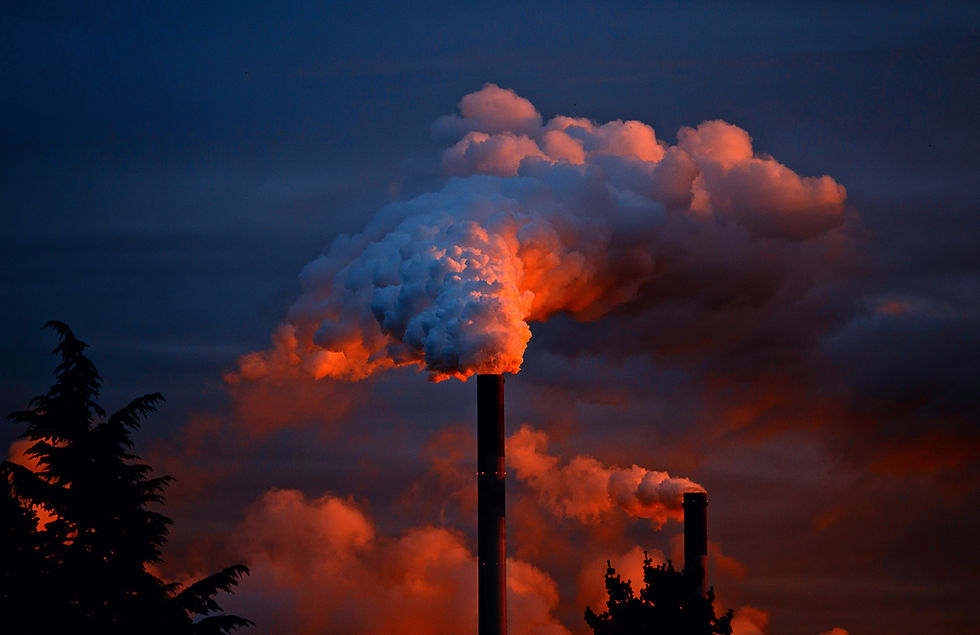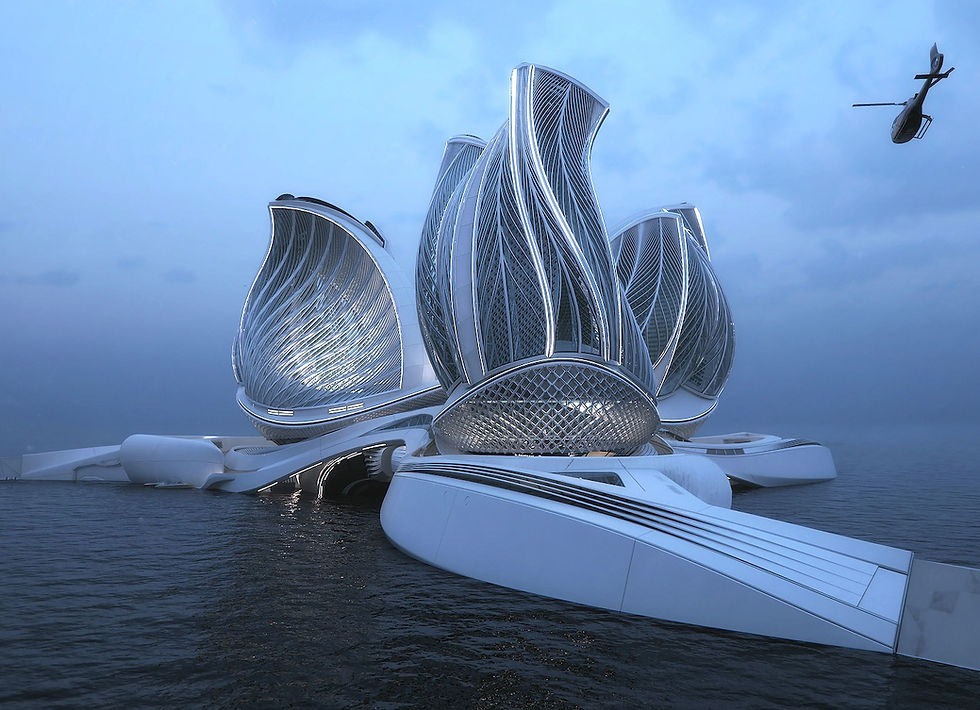The bacterium that eats plastic: how molecular chemistry can save the world
- Soluzioni Plastiche

- May 5, 2020
- 3 min read
Updated: Jul 7, 2020
Solving the unsolvable. This sentence summarizes in the best way the story of Miranda Wang, a young molecular chemist and winner of the Rolex Awards.

At the age of 25, the Canadian chemist was rewarded for having devised a system to recycle "the most difficult" plastic without polluting. Since adolescence, this brilliant girl dreamed of solving the unsolvable and finding a way to recover the irrecoverable. Her dream was to transform non-recyclable plastic into new objects, avoiding the use of polluting methods, and thus excluding fossil fuels. Therefore, already in the early years of her molecular chemistry career, she found a way to make her dream come true. Today, Miranda is an entrepreneur in charge of an innovative start-up that has allowed her to win the Rolex Awards for Enterprise 2019.
The prize
Starting in 1976, Rolex Awards support individuals with projects aimed at improving knowledge of humanity, protecting cultural heritage and preserving natural species and habitats. The goal is to fill a gap in corporate philanthropy and support those pioneers who would not have access to traditional financing and who are facing the great challenges of contemporary society, with innovative projects aimed at improving the well-being of humanity.
“For more than four decades, through the Rolex Awards for Enterprise, Rolex has supported exceptional individuals who have the courage and conviction to take on major challenges; men and women who have a spirit of enterprise, initiating extraordinary projects that make the world a better place.”
Miranda’s idea
Since she was in high school, the young Canadian had been passionate about plastic. Thanks to some visits to the waste recovery centers, and seeing daily scenes of waste of this material, Miranda began to wonder about what the environmental impacts were and the possible solutions to adopt. Currently, in the world, the percentage of recycled and reused plastic is only 9%. This low value is the result of a series of problems, such as the difficulty of "cleaning" the plastic in order to convert it, the different polymers involved, the costs - economic and energy - too often high, and finally the bad management of the product. Miranda, who now leads the startup BioCellection together with her friend and colleague Jennifer Yao, in recent years has worked to find a single solution to these issues, taking inspiration from bacteria. The two colleagues started by analyzing a bacterium capable of eating plastic. From this then, they were inspired to create a catalyst that will allow recovering thousands of tons of "not-easily-recyclable" plastic.
“Currently there are almost no technologies that work on the really dirty plastics”- Wang explains. “These plastics are so low grade that it doesn’t make sense for people to clean them and make a new product out of them. We specifically focus on these problem plastics that nobody else wants to touch.”
The catalyst concerned operates at 120 °C and transforms the polyethylene (PE) polymers by dividing them up to a degradation of the atomic bonds of the plastic. This new process, sustainable and economic, allows producing valuable industrial chemicals from this plastic waste. The novelty compared to other technologies already on the market such as pyrolysis, which require very high temperatures, time and energy, is that the process created by BioCellection converts almost 90% of the plastic within three hours without an excessive heat loss.
“We’ve invented a new process that’s sustainable and economical for making high-value industrial chemicals from these plastics. We’ve been able to use these chemicals to synthesize materials that are now close to matching the performance of virgin grade photopolymers and thermoplastic polyurethanes. Right now, the direct application for these materials is in 3D printing and footwear.”
A relevant secondary effect of the process is that it produces a smaller quantity of carbon dioxide than would be produced if the plastic were incinerated or thrown into landfills and if the chemicals were made from virgin oil, thus reducing the climate footprint of the recycling and chemical companies. It is another step towards a sustainable economy, in which nothing is wasted or produces pollution. Over the next few years, Wang and her team plan to develop a commercial treatment plant. The mission will be to recycle hundreds of tons of plastic waste per year, through the production of materials of great value from plastic waste that otherwise would be discarded by society.
Sources:












Comments